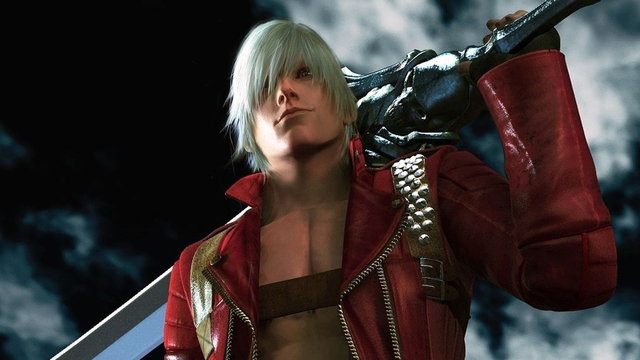Capcom’s Devil May Cry franchise has both style and substance. Launched just after the turn of the century, the series is known for pioneering the 3D hack and slash genre. It introduced fans to a fast-paced “extreme combat” system that grades players on how well they manage to vanquish foes in style. While the property has had a few dull moments since its inception, it’s also given users plenty of memorable characters and set pieces to marvel at. Check out our ranking of every entry in the franchise so far, ordered from worst to best.
5. Devil May Cry 2
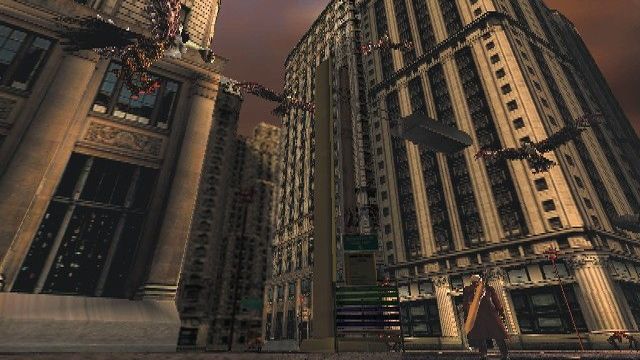
Devil May Cry 2 is a bit of an oddity. Though it sees the return of Dante, the demon-hunting vigilante is solemn and aloof in this entry. The personality that fans fell in love with in the original game is replaced by an emotionless slate that’s hard to sympathize with. As a result, this sequel’s narrative lacks impact. The inclusion of Lucia helps, but recycled levels and enemies make her portion feel like a chore.
Difficulty is noticeably toned down from the original game. Bosses require less strategy to defeat and can be toppled by mashing the same buttons over and over again. Ironically, juggling opponents in the air and chaining combos takes a lot of time to get used to. That’s not to mention that weapons are reduced to variants of items from the first title. Overall, Devil May Cry 2 lacks the charm found in every other entry and feels like a generic action game that’s trying too hard to be cool.
4. DmC Devil May Cry
.jpg)
Despite not being nearly as bad as some may lead you to believe, the Dante featured in Ninja Theory’s DmC Devil May Cry also suffers from a bit of an identity crisis. This rebooted, youthful version of the iconic character frequently loses his temper, swears often, and comes up with plenty of cringe-inducing puns. Although that’s partly because this is just the beginning arc meant to show his growth. Despite not getting the chance to fully that arc be completed, DmC doesn’t forget where it comes from and offers fans satisfying gameplay mechanics that help them forget who this new Dante is.
Combat is flexible and intuitive. The game features the most intelligent user interface that the franchise has utilized to date, giving newcomers a chance to experience the frenetic action that veterans have enjoyed since 2001. An easy-to-learn control scheme gives users increased opportunity to chain combos and earn higher stylish ranks. The title can be a bit too forgiving at times on lower difficulties, though there a few challenging moments to be found especially in the game’s healthy helping of hard modes. Perhaps the game’s most impressive quality is its presentation, as DmC expertly nails a surreal, otherworldly experience with its level designs; something the series has never come close to touching.
3. Devil May Cry
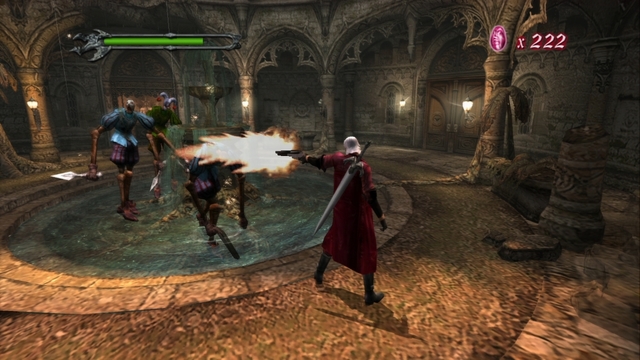
The original Devil May Cry is responsible for spawning a new line of action games, each centered around stylistically defeating hordes of incoming enemies. The relentless free-flowing combat found in the title is something that’s been replicated many times by developers throughout the years. It’s surprising that the game’s camera manages to capture all the action onscreen, as some software today still struggles to accomplish this. Devil May Cry also excels in its Gothic visuals and monster designs, which contrast nicely with Dante’s flamboyant nature.
Some of the game’s shortcomings lie in jagged graphics and strange difficulty pacing. The title also includes a rail-shooter segment during its climax, which feels out of place and unnecessary. Despite these few inconsistencies, Devil May Cry is an excellent title to play if one finds themselves in the mood for a throwback.
2. Devil May Cry 4
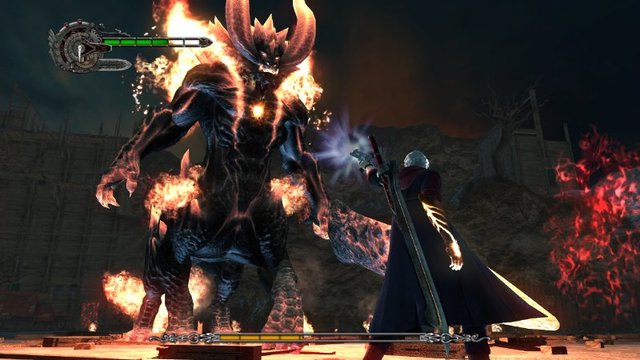
The franchise’s signature hack and slash mechanics are at their best in Devil May Cry 4, which opts to feature Dante’s nephew, Nero, as a playable protagonist. Gameplay is balanced and satisfying, especially when one ventures into hard difficulty settings. Nero’s ability to pull himself towards enemies (or vice versa) thanks to his Devil Bringer opens up combo possibilities and keeps players constantly engaged with the action onscreen. Memorizing enemy attack patterns and knowing what moves to make are integral to earning high grades and offer incentive to revisit the title after the main scenario’s credits have rolled.
The game’s biggest flaw lies in its level design, as fans have to backtrack often to complete missions as both Nero and Dante. Dialogue could also use some work, though the narrative isn’t hard to follow. It’s a shame that Capcom took so long to produce a sequel to Devil May Cry 4, as the title excels in many aspects. Here’s hoping that the developer remembered everything that worked well in this iteration as its fifth entry hits store shelves soon.
1. Devil May Cry 3
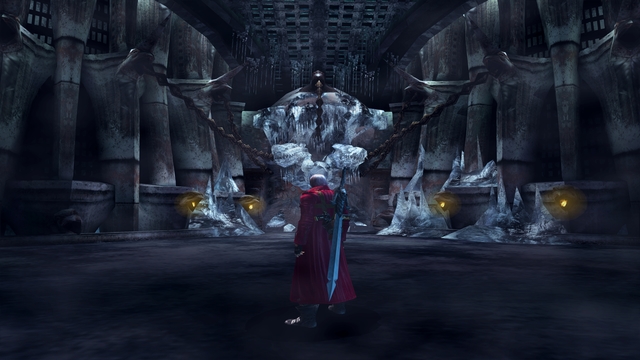
Devil May Cry 3 learns from the mistakes of its predecessors and represents the best entry the franchise has produced so far. Its gameplay is challenging and rewarding, its narrative is surprisingly poignant, and its visuals are impressive. This time around, Dante is the wisecracking asshole that fans were introduced to during the first entry. He’s the complete opposite of his twin brother Vergil, the likes of which players get to control on a separate save file.
From a combat perspective, each man possess his own unique abilities that encourage players to rake in as many combos as they can. Dante has access to four different weapon types (two guns and two melee-based) while Vergil can use his Summoned Swords skill to finish off opponents after a barrage of attacks. Generally, Dante’s moves are bombastic while Vergil’s are calculated and unflinching.
While newcomers may find Devil May Cry 3‘s difficulty too punishing, playing the game on lower settings and gradually moving on to higher modes can help them improve their hack and slash dexterity in time for the climatic fight on Dante Must Die. Be it its gameplay or the title’s personalities, this entry has the potential to put a smile on anyone’s face, no matter how familiar they are with Devil May Cry.
Beloved video game properties like God of War, Darksiders, and Bayonetta owe their identities to titles like Devil May Cry 3. It will be interesting to see if Capcom is able to keep up with the innovation that Devil May Cry‘s peers have experimented with, considering the fact that the last mainline iteration in the franchise debuted over a decade ago. Fans will be able to determine where Devil May Cry 5 falls on their personal ranking of the series when it releases for PlayStation 4, Xbox One, and PC on March 8.
